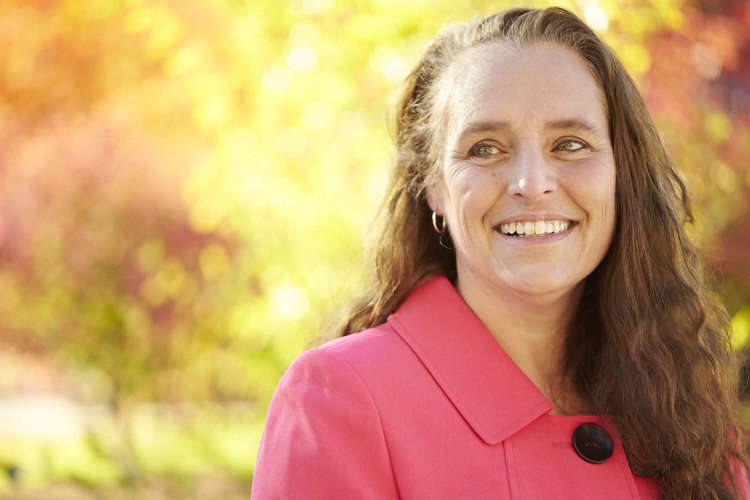Following the Civil War, African Americans sought the opportunity to go to college but were usually denied admission. The establishment of historically black colleges and universities, also known as HBCU, was the answer to this problem. Admission to law school was also blocked for most African Americans, and as a result, historically black law schools were born.
HBCU Law Schools
Of the 13 original HBCU law schools, six are remaining. These schools are very diverse and continue to provide educational opportunities for all students with a focus on social justice and civic engagement. The six schools are:
- University of the District of Columbia David A. Clarke School of Law
- Florida A&M University College of Law
- Howard University School of Law
- North Carolina Central University School of Law
- Southern University Law Center
- Texas Southern University Thurgood Marshall School of Law
Focus on Public Service
The University of the District of Columbia David A. Clarke School of Law is located in Washington, D.C. Founded in 1972, the history of this institution is rooted in serving the public. Of the HBCU law schools, the David A. Clarke school was the first institution to create a legal clinic for low-income and underrepresented people. Last year, 100,000 hours of legal services were provided to residents in need in the D.C. area.
This school is ranked in the top 10 in the country for government and public interest job placement and clinical training. An economical option for students, scholarships and financial assistance are provided for 91 percent of the 366 students enrolled. In 2015, the passing rate for the bar exam was 64.71 percent of the students from the David A. Clarke school who graduated and took the test.
Gain International Law Expertise
Located in Tallahassee, Florida, the Florida A&M University College of Law was founded in 1949 and was accredited in 2009. This school is home to the center for international law and justice. Students are drawn to this center because of the focus on research and education about comparative and international law.
In 2017, 1,248 students applied, 632 were admitted and 219 comprised the entering class. Seventy-nine percent of the students attending this institution pay full price for tuition, indicating that scholarships are not the main source of funding for the cost of attendance. More African-American lawyers have graduated from this institution in the past five years than all other Florida law schools combined. In 2016, 59.1 percent of the students who took the bar passed the exam.
Be a Part of History
The Howard University School of Law was founded in 1867. Located in Washington, D.C., it was the first HBCU law school established in the country. Howard was home to the first black female lawyer, Charlotte Ray, in 1872.
Known for being progressive, this school hosts an honors pro bono program that affords students the opportunity to serve low-socioeconomic citizens for course credit. Seventy-seven percent of the students who took the bar exam in 2016 passed, and this is the highest rate of the HBCU law schools. The total attendance at Howard University School of Law is 407 students.
Pursue Varied Topics in Law
You’ll find the North Carolina Central University School of Law in Durham, North Carolina. Only one student enrolled in the school when it first opened its doors in 1939. Now, 600 students pursue joint degrees of the Juris Doctor/Master of Business Administration and the Juris Doctor/Master of Library Sciences.
The school is known for unique study concentrations in civil rights and constitutional law, biotechnology and pharmaceutical law, tax law, dispute resolution and justice in the practice of law. A special summer program is offered in maritime law. This unique offering captures the essence of admiralty law and coastal policy. In 2017, the bar passing rate was 75.5 percent.
Consider an Affordable Option
Distinguished as one of the top five most affordable law schools in the country, the Southern University Law Center is located in Baton Rouge, Louisiana. This school was founded in 1947 and is home to 481 full-time students and 248 part-time students.
Known for its diverse faculty and staff, the Southern University Law Center has three program options including the Juris Doctor/Master of Public Administration, Juris Doctor/MBA and the Juris Doctor degree. Nine pro bono clinics allow students to gain practical experience by serving the greater metropolitan area of Baton Rouge. A recent report indicated that the bar passing rate was 57.8 percent.
Look at the Graduation Rates
The Texas Southern University Thurgood Marshall School of Law began when Herman Sweatt was blocked from attending the University of Texas School of Law because he was African American. Founded in 1951, the school was first housed in Austin and then moved to Houston, Texas. Six hundred students attend the Thurgood Marshall School of Law.
Ranked number one for graduating African-American attorneys, it’s also in the top five nationwide. This school is home to the Center for Legal Pedagogy that focuses on curriculum design and teaching innovations in legal education. Students are also drawn to this school because of the Institute for International and Immigration Law. The first-time passing rate for the bar exam is 63.3 percent.
Related Articles
References
- American Bar Association: ABA-Approved Law Schools
- The Journal of Blacks in Higher Education: How Well Do Graduates of Law Schools at HBCUs Perform on Bar Examinations?
- Law School Numbers: Texas Southern University Law School
- North Carolina Central University School of Law: School of Law
- Howard University School of Law: About Us
- Southern University Law Center: About SULC
Writer Bio
Dr. Kelly Meier earned her doctorate from Minnesota State Mankato in Educational Leadership. She is the author and co-author of 12 books and serves as a consultant in K-12 and higher education. Dr. Meier is is a regular contributor for The Equity Network and has worked in education for more than 30 years.










